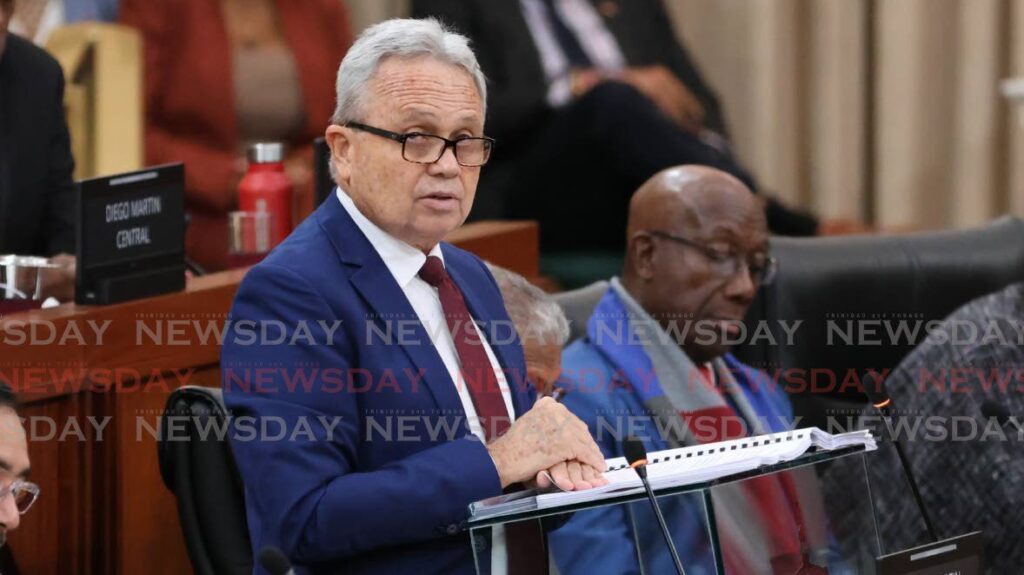A fixed vision

WEEKS before the US presidential election, amid turbulence in the Middle East and the ongoing climate crisis, Finance Minister Colm Imbert on September 30 delivered an overlong five-hour budget that was premised not on change, but on the notion of remaining steadfast and resolute. If it felt like more of the same, this was the point. Mr Imbert sought to perform a delicate triangulation: conveying notions of fiscal discipline and stability alongside optimism. It was an election budget of a new kind.
In refusing to cross the symbolic threshold of $60 billion by containing expenditure at $59.7 billion and keeping the deficit at less than three per cent of GDP, or $5.52 billion, Mr Imbert has sent the signal that the Government will not engage in reckless spending in an election-year cycle. Yet, by pegging the fiscal package on an oil price of US$77.87 per barrel and a natural gas price of US$3.59 per mmbtu, he leaves room for mid-year adjustment.
Some of the fiscal measures announced have the aura of carrots being dangled. The 9.8 per cent increase in the “minimum wage” for government workers on the lower end of the spectrum comes alongside a proposal to resume public sector wage negotiations under the CPO and offer a five per cent salary increase to workers higher up.
Both measures are modest. The partial minimum wage could influence businesses to follow. At the same time, it might worsen labour market distortions and increase state dependence. The five per cent offer, meanwhile, is destined to be controversial, if not rejected.
Elsewhere, notable elements within Mr Imbert’s vision involve matters that do not rock the boat, including amnesties, ruling out currency devaluation, maintaining deficits. Social spending remains unchanged. On the cards are huge asset divestments and the calling in of as much as $13 billion in Clico/CLF debts. Though such matters will provide billions, they are plasters. The spending priorities of the Government remain the same, though there were concessions to the need to address crime in particular.
Apart from Dr Eric Williams, no figure in this country’s political history has held responsibility for the finance portfolio for as long and over such consequential spans of time as Mr Imbert, in the post for a decade. That is more time than even Patrick Manning held the portfolio while prime minister. (Dr Williams held it during 1957-1961, 1966-1971 and 1977-1981.) Yet, in contrast to the longevity of the Diego Martin North/East MP, his budgets do not reflect the depth of profound policy sways one way or another.
That, too, is a calculation. Clearly, the Government believes what is same ole, same ole in one context is prudence within another. However, with global turbulence closing in, voters might rightly feel the time for prudence is past.

Comments
"A fixed vision"